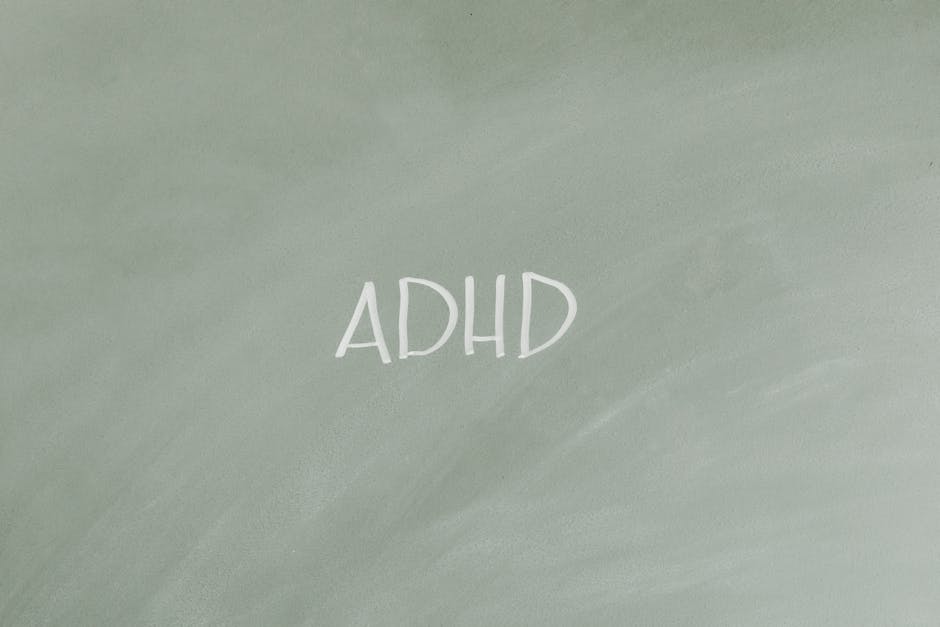 Is ADHD Only Diagnosed in Children? Everything You Need to Know
Is ADHD Only Diagnosed in Children? Everything You Need to Know
Imagine this scenario: you’re sitting in a waiting room, surrounded by children laughing and playing, when suddenly you notice a man in his forties pacing back and forth, seemingly filled with restless energy. You might think that he’s just anxious or stressed, but what if I told you that he could be one of the thousands of physicians diagnosed with ADHD?
Yes, you read that right. ADHD, or Attention Deficit Hyperactivity Disorder, is not limited to children only. In fact, many adults, including physicians, are living with this neurodevelopmental disorder. In this article, we will delve into the topic of physicians diagnosed with ADHD, shedding light on common misconceptions and providing valuable information that can help both physicians and patients alike.
ADHD: A Brief Overview
Before we dive into the topic at hand, let’s first understand what ADHD is. ADHD is a chronic condition characterized by symptoms such as hyperactivity, impulsivity, and inattention. While it is often associated with children, it can persist into adulthood for many individuals.
Misconceptions about ADHD in Physicians
One common misconception is that physicians, being highly educated and disciplined, cannot possibly have ADHD. However, this is far from the truth. Physicians, just like anyone else, can have ADHD. In fact, the demanding nature of their profession might even make it more challenging for them to manage their symptoms effectively.
Understanding the Challenges Faced by Physicians
Physicians diagnosed with ADHD face unique challenges in their daily lives. The fast-paced and high-pressure environment of healthcare can exacerbate their symptoms, making it harder to concentrate, prioritize tasks, and stay organized. Furthermore, the long hours and irregular schedules can disrupt sleep patterns, leading to fatigue and additional difficulties in managing ADHD symptoms.
The Importance of Diagnosis
Recognizing and diagnosing ADHD in physicians is crucial for their wellbeing and the quality of patient care. Unfortunately, many adults with ADHD remain undiagnosed or misdiagnosed, often attributing their symptoms to stress or other factors. Therefore, it is essential for physicians to seek professional evaluation if they suspect they have ADHD. A correct diagnosis can lead to appropriate treatment and support, ultimately improving their overall quality of life.
Treatment Options for Physicians with ADHD
There are various treatment options available for physicians diagnosed with ADHD. These include medication, therapy, and lifestyle modifications. Medications, such as stimulants or non-stimulants, can help manage symptoms and improve focus and attention. Therapy, such as cognitive-behavioral therapy, can provide strategies for better time management and organizational skills. Lifestyle modifications, such as regular exercise, healthy sleep habits, and stress management techniques, can also contribute to symptom management.
Support and Resources for Physicians
Physicians diagnosed with ADHD should know that they are not alone. There are numerous support groups, online forums, and resources specifically tailored for adults with ADHD. These platforms provide a safe space for individuals to connect, share experiences, and seek advice from others who understand their unique challenges. Additionally, healthcare organizations should strive to create a supportive and inclusive environment where physicians with ADHD can openly discuss their needs and concerns without fear of judgment or stigma.
Final Thoughts
ADHD is not limited to childhood. Physicians, just like anyone else, can be diagnosed with this neurodevelopmental disorder. It is important to dispel the misconception that physicians cannot have ADHD due to their profession’s demanding nature. By recognizing the challenges faced by physicians with ADHD, promoting timely diagnosis, and providing appropriate support and resources, we can help create a healthcare environment that values the mental health and wellbeing of all physicians. So if you suspect that you or a loved one may be struggling with ADHD, remember that seeking professional help is the first step towards a healthier, fulfilling life.
Recent Comments